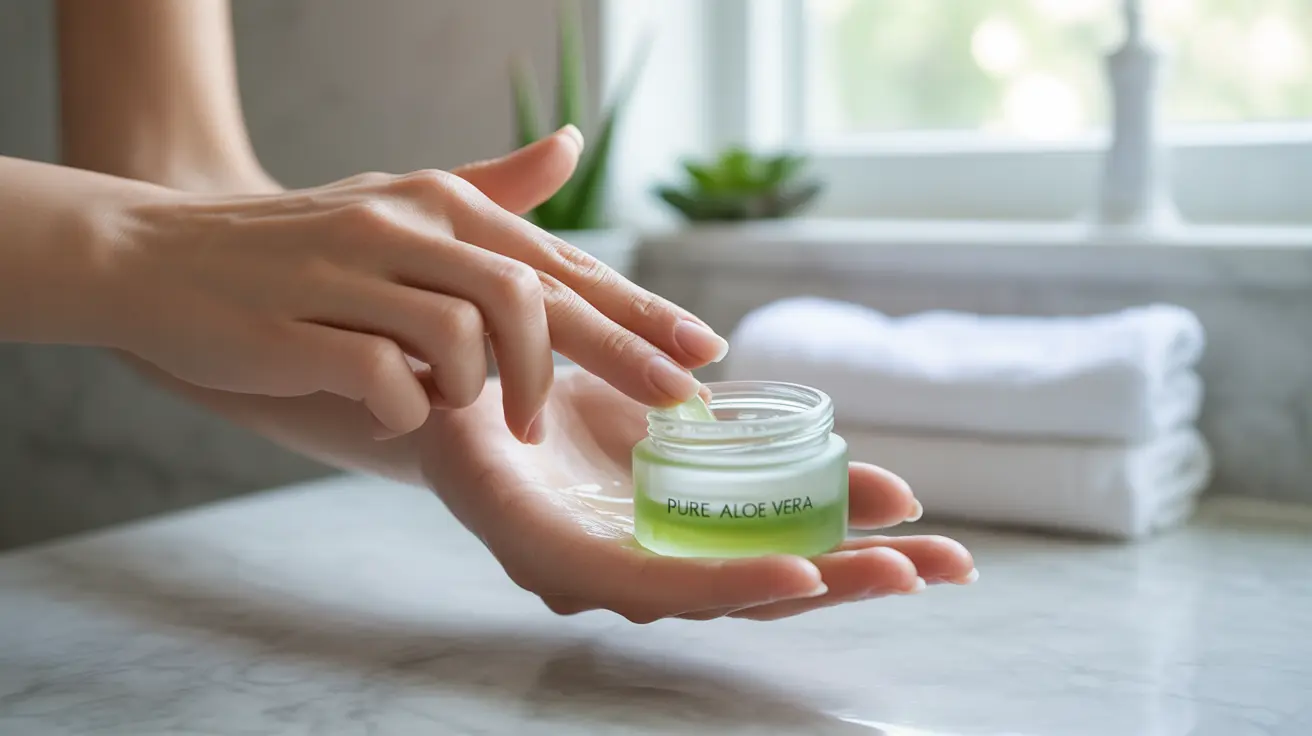For individuals struggling with rosacea, finding gentle yet effective natural remedies can be challenging. Aloe vera has emerged as a promising option for managing this chronic skin condition, thanks to its anti-inflammatory and soothing properties. This comprehensive guide explores how aloe vera can help with rosacea symptoms and the best ways to incorporate it into your skincare routine.
Understanding How Aloe Vera Benefits Rosacea
Aloe vera contains multiple compounds that make it particularly beneficial for rosacea-prone skin. Its natural anti-inflammatory agents, including acemannan and anthraquinones, help reduce the characteristic redness and inflammation associated with rosacea flare-ups. Additionally, the plant's high water content provides deep hydration while creating a protective barrier on the skin.
Scientific Evidence Behind Aloe Vera's Effects
Research has shown that aloe vera's cooling and calming properties can help soothe irritated skin. The gel contains compounds that inhibit the production of inflammatory mediators, potentially helping to reduce the intensity and frequency of rosacea flares. Its antimicrobial properties may also help manage the bacterial aspects that can contribute to rosacea symptoms.
Choosing the Right Aloe Vera Product
When selecting an aloe vera product for rosacea, consider these key factors:
- Pure, organic aloe vera gel without artificial fragrances
- Products with minimal additional ingredients
- Alcohol-free formulations
- Products specifically designed for sensitive skin
Safe Application Methods
To maximize benefits and minimize potential irritation, follow these application guidelines:
- Always perform a patch test before full application
- Apply a thin layer to clean, dry skin
- Use gentle, upward motions when applying
- Start with once-daily application and adjust as needed
- Allow the gel to fully absorb before applying other products
Potential Side Effects and Precautions
While aloe vera is generally safe for most people, some individuals may experience sensitivity. Watch for signs of irritation such as increased redness, burning, or itching. If you notice any adverse reactions, discontinue use immediately and consult your healthcare provider.
Combining Aloe Vera with Other Treatments
Many people successfully incorporate aloe vera into their existing rosacea treatment regimen. However, it's essential to introduce new products gradually and consult with a dermatologist, especially if you're using prescription medications for rosacea.
Frequently Asked Questions
How does aloe vera help reduce redness and burning in rosacea-affected skin?
Aloe vera contains natural anti-inflammatory compounds that help reduce redness and soothe burning sensations. Its cooling properties and high water content provide immediate relief while helping to calm irritated skin.
Is it safe to use aloe vera gel daily for managing rosacea flare-ups?
Yes, pure aloe vera gel is generally safe for daily use. However, start with once-daily application and monitor your skin's response before increasing frequency. Some people may prefer to use it as needed during flare-ups rather than daily.
Can aloe vera cause skin irritation or allergic reactions in people with rosacea?
While rare, some individuals may experience sensitivity to aloe vera. Always perform a patch test before regular use, and be particularly cautious if you have very sensitive skin or known allergies to plants in the Liliaceae family.
What is the best way to apply aloe vera on the face to soothe rosacea symptoms?
Apply a thin layer of pure aloe vera gel to clean, dry skin using gentle, upward motions. Avoid rubbing or pulling at the skin, and allow the gel to fully absorb before applying other skincare products or makeup.
Are there any risks or interactions when using aloe vera alongside prescription rosacea treatments?
While aloe vera generally works well with other treatments, it's important to consult your dermatologist before combining it with prescription medications. Allow time between applying aloe vera and other topical treatments to prevent potential interactions or reduced effectiveness.




